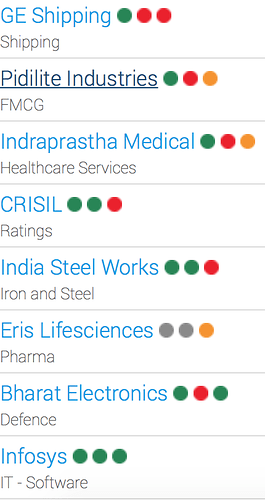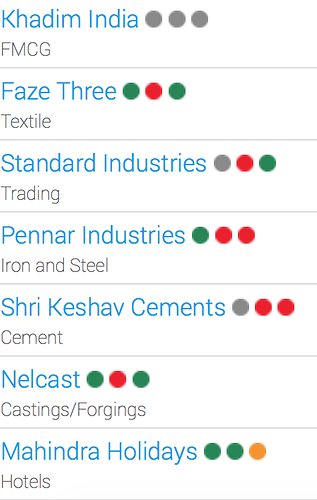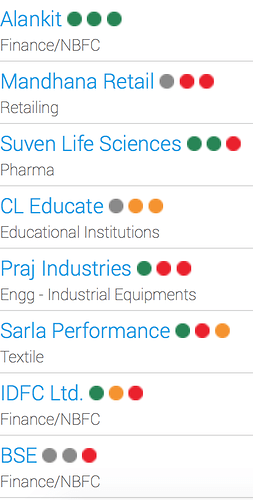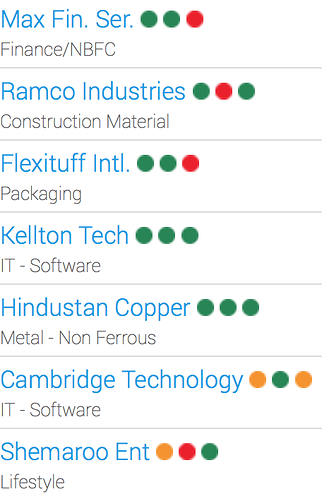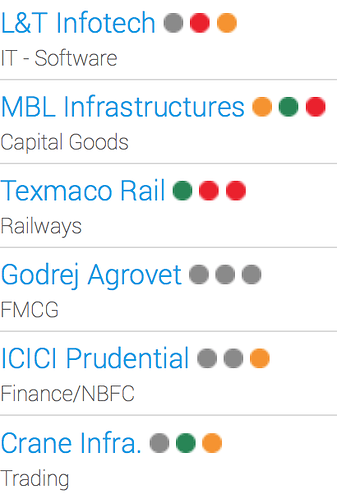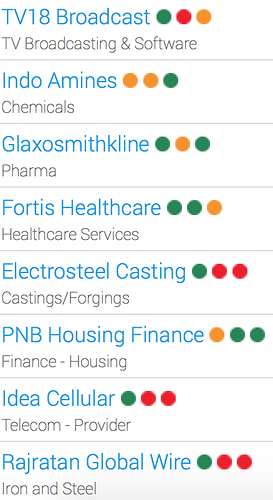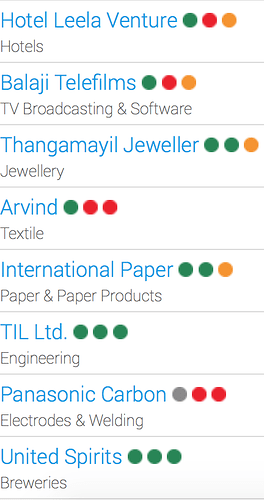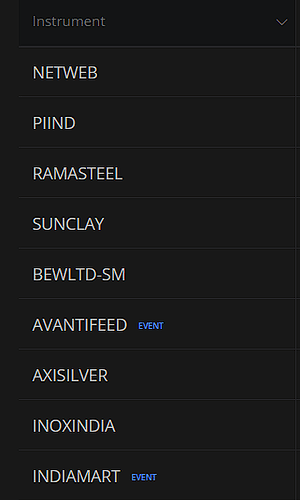I’m not quite sure I like the ideas of
- buying too many businesses
- buying based on the hope that a business may deliver
- portfolio churn
- not holding on to good businesses.
Rationale:
- Beyond 20 businesses the law of diminishing returns applies quite generously. I’m also unsure whether human beings can keep track of 5 things at a time let alone 20 or above. It might just be wiser to index in its stead. Then there’s the question of opportunity cost: why would one want to allocate capital to the 20th best idea when one could allocate that same capital to the best one? Here’s someone else explaining it better:
I had 10 children. One of them was a superstar. Great at everything, very popular. Always outperformed his brothers and sisters. One day, I took him behind the house and cut off his right hand. That fixed the problem.
I don’t agree with putting it as bluntly as Mark Cuban does, but this is what he has to say:
Diversification is for idiots.
- This is speculation. Until a business has established that it has the ability to beat inflation, any prediction one makes based on any claims lands these types of capital allocation decision squarely in the realm of speculation. Who knows what will happen in the future? Again a quote from someone far wiser than I:
I am not in the business of predicting general stock market or business fluctuations. If you think I can do this, or think it is essential to an investment program, you should not be in the partnership.
-
Portfolio churn can signal insecurity/doubt in the mind of the capital allocator. It’s also not great for tax effectiveness. With just a little bit of churn and a diversified allocation, one loses to an index fund over time as a result of the fees and taxes levied.
-
My biggest concern is the idea of selling. I’ll allow someone else to describe this:
"Poor Grace Groner. She didn’t realize that buying and holding stocks for the long run was just a myth.
That’s why she invested 180 dollars and bought 3 shares of Abbott Labs in 1934. And somehow she just wasn’t sophisticated enough to realize that buying and holding was a bad idea.
So she never sold any of her shares of Abbott Labs. And when she died in 2009, her shares of Abbott Labs were worth about 7 million dollars.
And 2009 was the height of the bear market during the financial crisis. And her shares of Abbott Labs were still worth about 7 million dollars in 2009.
Now her shares of Abbott Labs and its spinoff AbbVie would be worth about 21 million dollars. And that does not even include the spinoff of Abbott Labs called Hospira which was bought by Pfizer for $90 a share.
But poor Grace did not have a degree in economics or even an MBA. She wasn’t sophisticated or smart enough to realize that buy and hold investing was just a myth and a bad idea.
If Grace had understood that buying and holding Abbott Labs for 75 years was a bad idea, then she would have had the wisdom to sell it when it doubled from 160 dollars to 320 dollars. And just think of how much money she would have lost over the long term. About 7 million dollars.
Too bad Grace didn’t have a good financial advisor who would have helped her to understand that buying and holding a stock for 75 years was a bad idea.
I began investing in Abbott Labs in 1970. And bought more shares over the years whenever they appeared to be attractively priced. Hospira was spun off Abbott Labs and I received $90 from Pfizer for each of my shares of Hospira. Then AbbVie was spun off Abbott Labs in 2013.
Needless to say, I have never sold any of my shares of Abbott Labs or AbbVie. I don’t have an MBA or a degree in economics so I am not sophisticated enough to realize that I should have sold my shares of Abbott Labs and AbbVie instead of just keeping the stock certificates tucked away in the safe deposit box at my bank all these years.
Now my shares of Abbott Labs and AbbVie are worth about 5 million dollars. But I guess it was a mistake never to sell them. I never realized that buy and hold investing was a myth and a bad idea."
If only people picked businesses like they were picking their spouses (or even vegetables for that matter), they’d make far fewer and far more effective decisions. I’m only making these suggestions based on what I have observed. One may want to pay attention to these.
As of 2021
I dont have many of the shares that I used to own in 2017
Now, I just have Heritage Foods, Balaji Telefilms and Delta Corp from that list of 2017
From the list of 2018, I have Rajratan Global Wire, Arvind Fashion, Panasonic Carbon, BSE
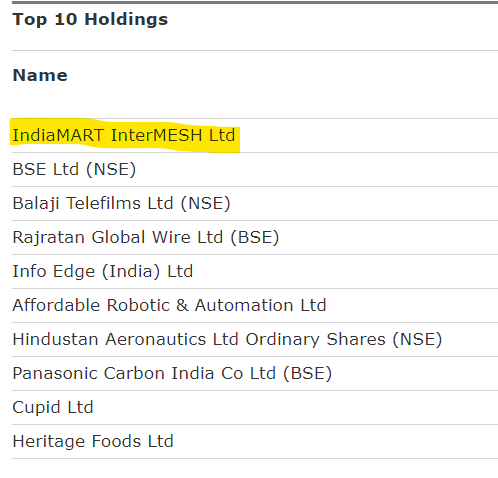
This is how things look in 2021 after the great moves in March 2020
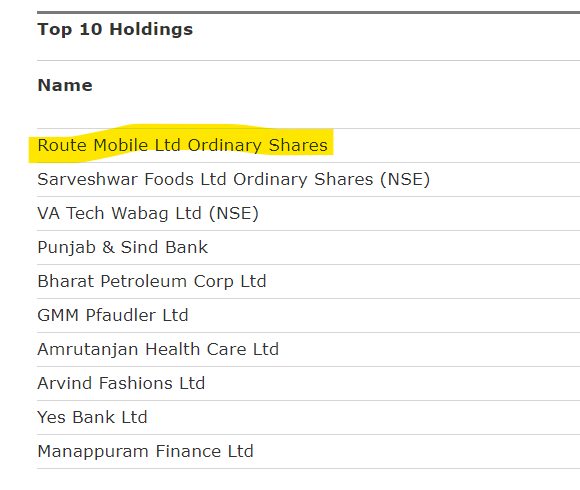
This is the trading portfolio for the moves and trends
I understood the true meaning of this in 2023, thanks for this Sir

